I'd make a terrible historian... and well, here's why
My approach to history is scandalously unorthodox for many
As the title of this post says, I believe I’d be a terrible historian. Not existentially. Not philosophically. But rather, logistically.
This might sound strange coming from somebody who’s about to launch a page that will be predicated on discussions around history for the most part. But before I get into why I think I’d probably be blacklisted from scholarly circles if I was to take up the mantle of a professional historian, I want to make something clear: I’m not saying that I’m terrible at learning history, nor am I saying that I’m terrible at discussing it. What I’m saying is that historiography on an institutional scale and myself don’t mix well. Put us in a bottle of water, shake it about and you’d get a pretty ugly colour in front of you.
You see, my overarching issue with historiography (the term used to describe the process of trying to understand our human antecedents and the events that surrounded them) is that I think it’s awash with intellectual complacency. In simpler terms, I believe that historians, like many academics, can sometimes be quite rigid in their interpretations of the world. Many of them don’t want to take new, competing assertions on board. And for someone like me, who has always argued white is black even from a young age, this paradigm of study has always left me with a sour taste in my mouth.
Don’t get me wrong, I know that most historians are good at their jobs. You don’t amass three, sometimes more, degrees from prestigious universities and colleges if you don’t have any talent at your disposal. Academic vetting is a serious game. Not just anyone can go and access the Vatican Archives, for example. So please know that I’m not suggesting for one second that academics are all talk and no mind.
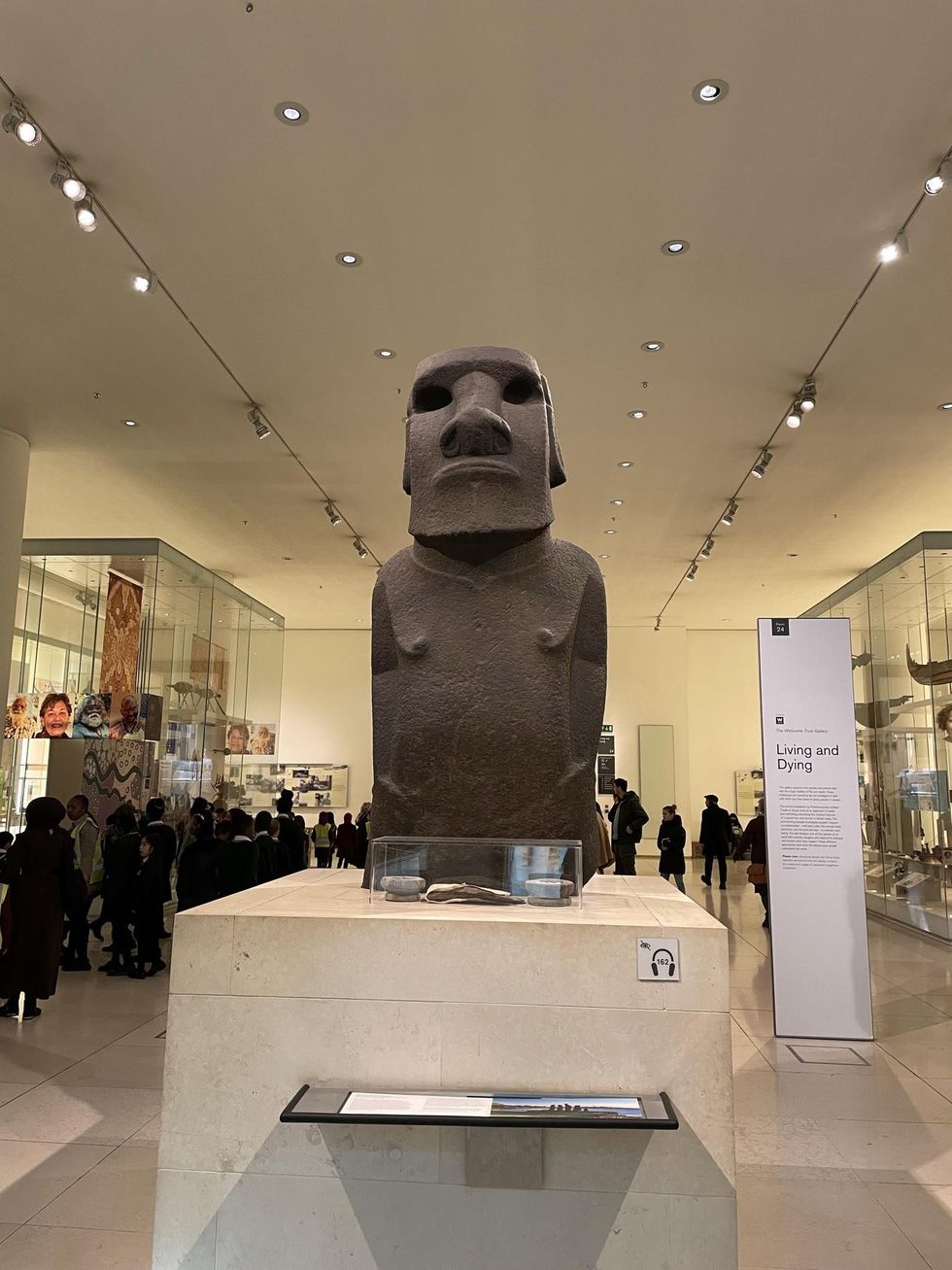
In order to contextualise my argument effectively, let me tell you about my experience in dabbling with historiography. Just this summer, I graduated from one of the world’s most remarkable universities with a first-class BA degree in American and Canadian Literature, History and Culture. As the title of the course suggests, history and scholarship surrounding it was a colossal part of my study programme. I had a lot of fun delving into what is, compared to other nations, a pretty new one. My modules took me from the battlefronts of the American Revolution to the scintillating pulse of the 1960s and beyond. I learned all about different communities and the geneses of their cultures. I found out about controversial immigration policies and landmark television series from the ‘50s and how the human body was utilised in protest to fight governmental inertia during the AIDS crisis. And despite me now being able to boast about having a first-class degree in my arsenal, I have a few complaints about the pedagogical side of my qualification.
On many occasions, I went against the grain. Not without some semblance of evidence, of course. In American history, Reconstruction, as many historians have said, refers to the period after the Civil War (1861-65) in which Black individuals who were held as slaves were now effectively ‘free’ within society. Naturally, the veracity of this claim is disputed by scholars even now. Rules known as the Black Codes were introduced during this time period in the American South and these laws made it far easier for Black individuals to be arrested, incarcerated and re-condemned to excruciating days of slavery, except this time in prison. Vagrancy was made illegal, for instance, and since many Black people were released into a society which refused to afford them meaningful socio-economic opportunity, many of them fell victim to the maw of white supremacy and the guise of ‘justice’ it was beginning to operate through.
In this respect, I appreciated how my university got us to question the veracity of the idea that Reconstruction led to total liberty for Black individuals in the American South and possibly beyond. We’d spend many a seminar (in the engineering department’s rooms for some reason) talking about the Black Codes and whether the thirteenth amendment in the US Constitution, which was supposed to have abolished slavery, had actually been implemented. We also debated if this amendment was truly in operation nowadays, too. Debates about this are ongoing; in a 2019 televised debate on CNN, 2020 presidential candidate Tulsi Gabbard lambasted now-US-Vice President Kamala Harris for “keeping people beyond their sentences to use them as cheap labour for the State of California”. Harris had worked as a prosecutor and Gabbard, in this debate, was accusing Harris of intentionally keeping people in prisons to use them for free labour, kind of like slaves.
Tulsi Gabbard rips Kamala Harris' record on criminal prosecutionswww.youtube.com
So, when it came to writing an essay on whether Reconstruction was a failed mission or not, I was excited to show my tutor I recognised the complexities surrounding its affects. When I got my grade and feedback for the essay, however, my mouth was left wide open with shock pulsing through my body.
“You can’t argue two things at once,” one stinging comment read.
I wasn’t happy. Why couldn’t I? Then, I saw a comment telling me I’d contradicted myself, despite the fact in my essay’s introductory paragraph, I’d explained it was difficult to say whether Reconstruction had either succeeded or failed. It had done both. So, also paradoxically, it had done neither. But because my essay didn’t lead to an overarching point either way, I wasn’t awarded with a great mark.
Things like this continued to happen throughout my degree. Obviously, there were times where I did make the wrong call in my writing. Why didn’t I use more secondary sources in an essay on Black Lives Matter artwork? Good question, actually. But overall, I’d like to think I’m self-aware enough to know when I’m making continual mistakes in something and when I’m actually on to something. And sometimes, my decision to go against the grain and make convoluted arguments worked in my favour. In my second year, I wrote about how historians had oversimplified massively the psycho-cultural effects of Japanese-Americans being interned in camps across the West Coast in the 1940s and my tutor told me that my essay was virtually publishable. She said that my determination to dig deeper than just surface-level historiography and my decision to mention what current scholarship could have done to make a more rounded analysis of the issue elevated my work to a higher echelon.
I’m not writing all this to brag about some unique prism I have which allows me to view the world differently to everyone else. I pride myself on thinking outside of the box a lot but I have cerebral limitations just like everyone else. I’m writing about the mixed feedback I received during the three years of my degree programme to showcase something: consensus is practically impossible. So why do so many historians demand we reach one?
History is eternally in flux. What can be considered fact one day can easily be deemed fiction the next. And vice versa. For centuries, people called Homer’s The Iliad a myth, yet recent archaeological excavation suggests this might not be the case. Greek arrowheads were discovered near the supposed ruins of Troy, where the iconic battle focused on in the epic poem takes place. The Hittites, a civilisation which is said to have been situated next to the city of Troy, produced documentary tablets which include reference to a figure named Paris – the name of a man who is central to the story of The Iliad. Further afield, there are more examples of history, as a story we tell ourselves, to be a fluctuating thing. The discovery of wounded mammoth fossils in a Canadian backyard indicate humans may have been in the Americas far earlier than previously thought. The remains have marks which suggest human beings attacked the creatures these remains once formed the mass of – almost 38,000 years ago! Recent archaeological evidence in Scandinavia even suggests the Vikings might have had female warriors – a possibility that runs counter to the hegemonic notion that the Vikings were stringently a patriarchal cohort within society. So, really, how can anyone lay claim to a monopoly on the past, regardless of how many years they’ve studied it? Historians can benefit from informed speculation, but most of the time, that’s all they really have access to.
Discovery in paleontologist's backyard reveals evidence of North America's early humans

The surprising discovery of mammoth fossils in a paleontologist's backyard have led to evidence that humans may have arrived in North America much earlier than expected.
Of course, some things are categorical. Was Cleopatra the last pharaoh of Egypt? Yes. Trivia like that is cemented in historical documentation. But what about the essence of civilisations, both long-gone and recently born? What about the effects of major policy changes in a certain country? What about the litany of ideological disparities across different times and places? So much of history is semi-shapeless, semi-formless. The conventional job of the historian is to give their area of study full shape and form. But realistically, can this be done? I’d say no. As the adage goes, ‘don’t judge me if you haven’t walked a mile in my shoes’. Well, we certainly can’t walk even an inch in an Egyptian manicurist’s shoes, or the animal-hide boots of a Neolithic mother.
So, if we accept this logic, does this mean history and the study of history is pointless? Is the guy who studied it academically for three years going to tell you to put that book on Mesopotamia down and go and enjoy an ice cream instead?
Of course not. In fact, the varicoloured hue of history is what makes studying it so worthwhile.
The most effective historiography is that which isn’t scared to say answers can’t always be found. Questions might dominate the scene but actually, this is more than fine. Because when you see things in a black-and-white fashion and refuse to consider any contending points or complexities to your findings, the wonder of your subject flees from you the way bees flee gardens in the wintertime. If you knew most things there are to know about the areas you were passionate about, what would be the point of pursing them? We might never ascertain all the answers we want, but that’s the magic formula to learning more about the past. Historians shouldn’t try to uncover the truth; that’s a titanic feat. Rather, they should try to get as close to it as humanely possible while accepting their beliefs could be pulled from under their feet with one ground-breaking archaeological excavation (please pardon the pun on that one, I couldn’t resist).
But since institutional historiography doesn’t really accommodate this kind of mentality and since journals love a supposedly stalwart, authoritative take, I’d make a terrible historian in this day and age. An editor would see my excessive use of ‘this could mean’ or ‘this might infer that’ and most likely roll their eyes with frustration. As Socrates once said, “The only thing I know is that I know nothing”. Socrates believed that true sagacity stems from accepting that which we cannot know and teaching others about that which we believe we can understand. The rest is just noise. And while I don’t think most of what historians have to say is just ‘noise’, I do think many of them are married to blanket statements and are afraid of divorcing the arguments they’ve come to love.
I want to work in journalism full-time. I want to write features and present documentaries on lifestyles, culture and socio-political issues, from ‘Furry’ culture and LGBTQ+ rights around the world, to FGM in continents such as Africa and people who spend thousands of pounds a year to get dominated sexually by strangers. I also want to write features on historical figures and events and present shows about the mysteries of the past. My mission will not be to try and garner a monopoly on issues such as these, nor will it be to ignore years of research; as a journalist, I know more than anyone just how valuable research it is. Rather, my mission will be to get as close to the truth as possible, to be sedulous in the reportage of my findings and to try and avoid blanket statements as much as possible. Life is complicated intrinsically and I’m not afraid to show the world that – even if my common refusal to paint a simplistic picture might outrage the people who end up platforming me.


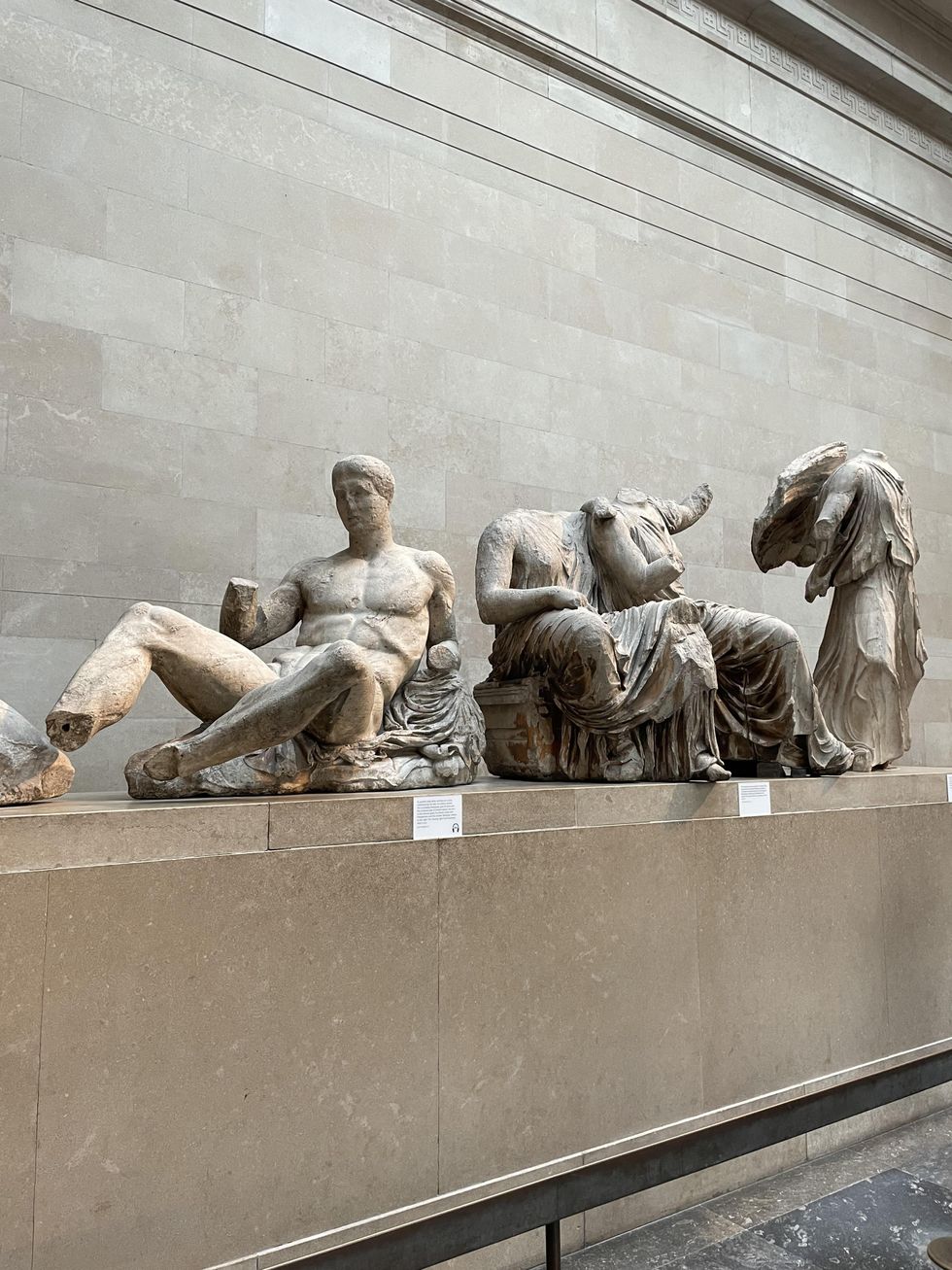
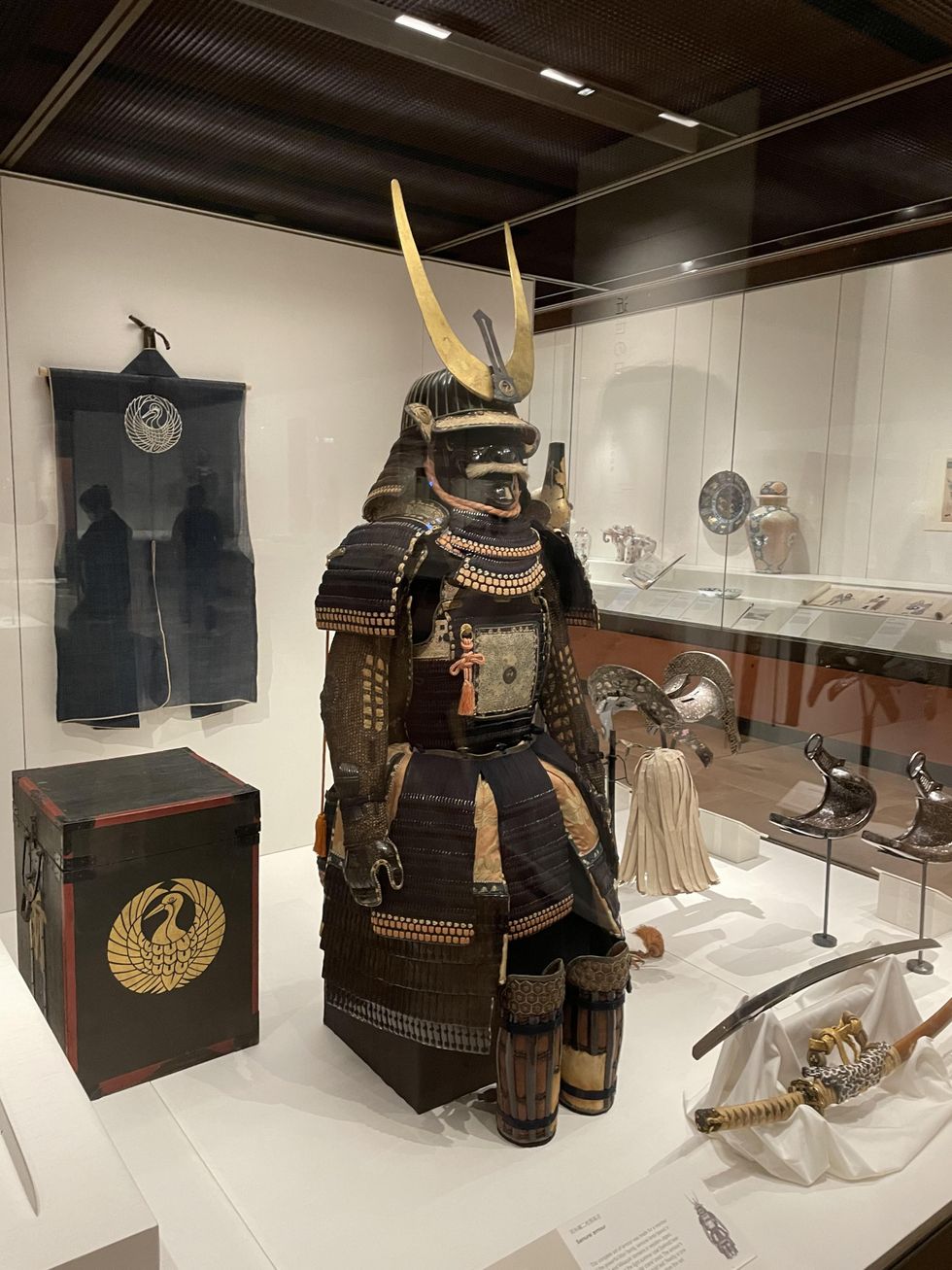
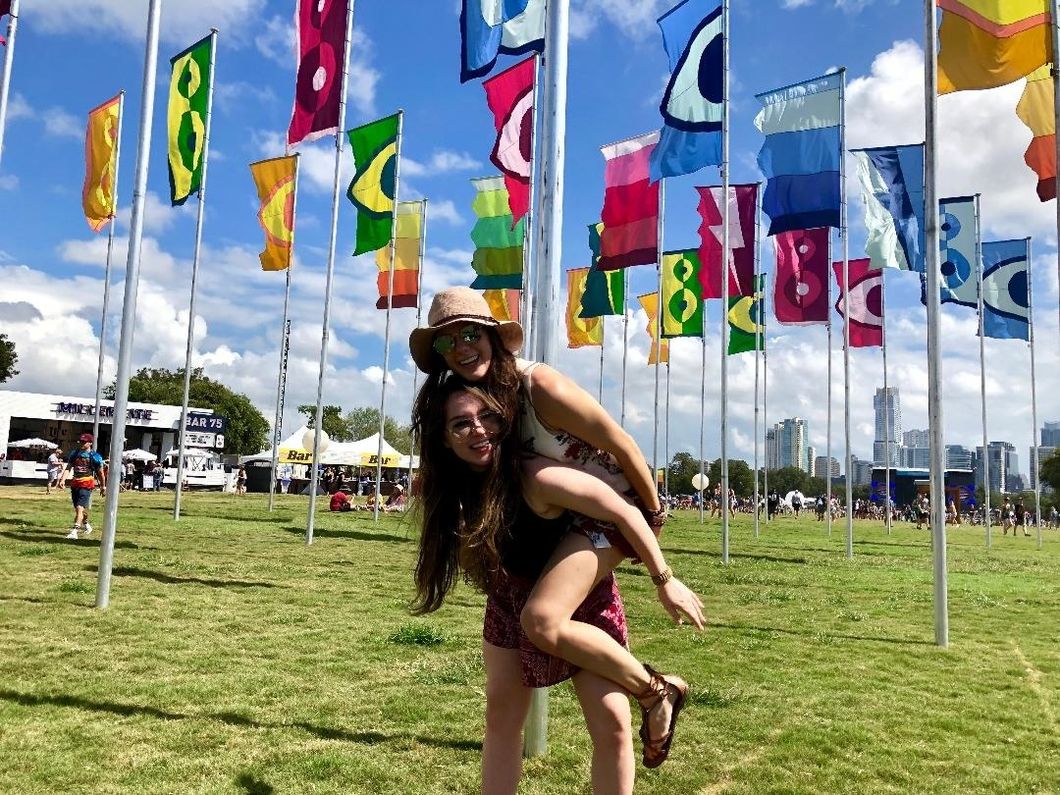
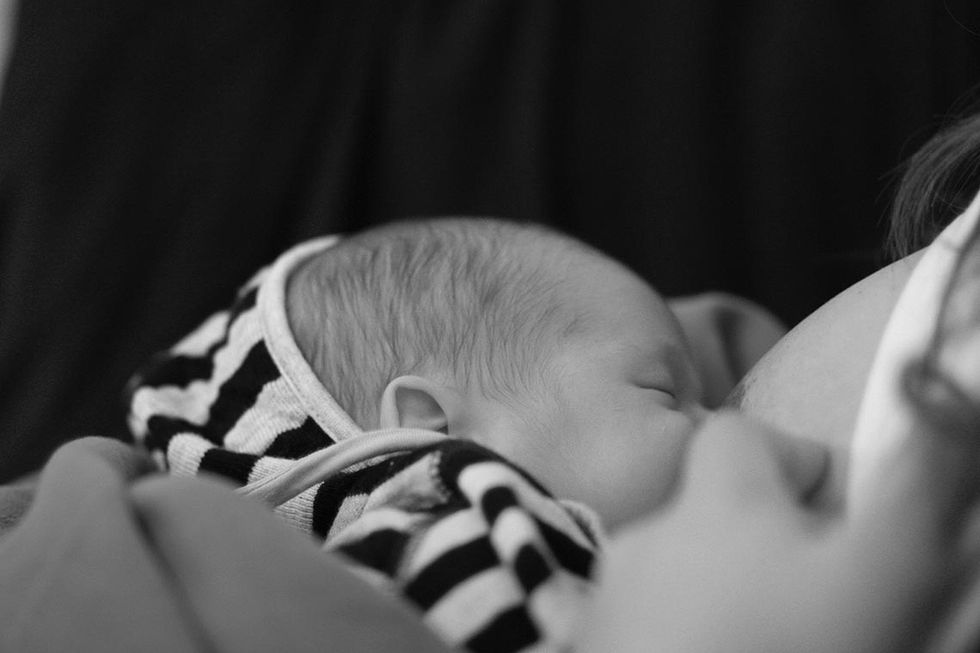






















Don't Be Fooled, Social Media Isn't An Accurate Depiction Of ANY Person's Life
When the snapshots we upload to our Instagram become the placeholder for the everyday interactions in our daily lives and are our only version of reality, then that's when we've hit the depths of just existing.
There is a difference between living and existing. That, I'm sure we all know in theory. Yet, I wish we talked more about how to distinguish between the two, because sometimes you slip from the buzzing, radiant precipice of living, into the mind-numbing, worthless depths of existing without knowing how you ended up there.
I guess we should start with the fundamentals.
How I've always seen it, to live is to experience, to exist is to be experienced. You would think that in your own life, you'd be forced to be an active participant; except, I know first hand that it's one of the easiest things in the world to walk around on autopilot, moving from mundane task to mundane task without a single care for why you're doing it, other than because it fits into the narrow confines of what society has already decided is expected of you. Boredom, disillusionment, and dissociation ensue, and you fade into the background, becoming part of the canvas that those who are actually living paint into the fabric of their lives.
It's empty and apathy becomes routine.
This image of existing is probably the one we're all most familiar with, but it feels too easy. What has been on my mind lately is another form of worthless existence, one even worse yet. The kind where you're alive alright, but immersed in a world far removed from your actual reality. Can we call it living if it's not real?
Essentially, it's like being in the matrix.
Since I've discovered social media, I feel like that's where I've been. I don't mean this in an angsty, "I hate my life so I'd rather live in delusion online," type of way. I mean that I've been fooled into distorting my own reality to fit the ideals of a social media world. I mean that I've been chasing behind likes, comments, and followers as if that somehow equates to tangible success in the real world. I mean that I've been experiencing the world through the pixels of a 6.1 in. screen. The saddest part is that I didn't even know I was doing it, and how far it had gotten out of hand, until yesterday.
I watched an excellent video by Tiffany Ferg where she explains how the normalization of Facetune is contributing to not only unrealistic beauty standards but tricking people into distorting the polished, impeccable bodies and images that they see online for reality. Ferg makes it easy for us to infer how Facetune is contributing to a larger problem with social media: the disillusionment and shame that comes with not 'measuring up' to the standards set online by influencers (not just beauty standards, but ideals of how you should live your life in general), as well as the incessant need to alter your reality in order to live up to these standards.
People think altering your reality is only related to circumstances like taking drugs, but it very well can apply to instances like using Facetune to give yourself "five-minute plastic surgery" or conflating your social media profile and presence with your actual, physical being. When the snapshots we upload to our Instagram — the smiles in every photo, the tiny waist and wide hips we photoshop onto ourselves, the trips that we take twice a year, yet upload to our account as if we vacation every other month, the flawless makeup and perfect skin, the effortless, endless, and constant adventure — become the placeholder for the everyday interactions in our daily lives and are our only version of reality, then that's when we've hit the depths of just existing.
And that's what frightens, disgusts, and angers me the most because everything on social media is fucking fake.
It is a culmination of the most idealized version of our world. It's unattainable. It's perfect. It's empty. I've spent so long trying to make my actual life match my Instagram profile that I've forgotten to live. Social media should be a reflection of our reality, not the basis for it. Trying to craft the perfect outfits, trying to feel excited and happy every second, trying to create a perfect image will get you nowhere expect caught in the storm of confusion and disappointment.
I don't say this in opposition to social media. I love Twitter and Instagram because it's a great source of news and entertainment and it helps us connect with each other, as well as express ourselves.
I say this in favor of waking up.
Waking up to savoring each moment in your actual reality. Waking up to realizing that nothing is perfect and that we should be thankful that it's not. Waking up to chasing fulfillment in real life and not just for a great picture on Instagram.